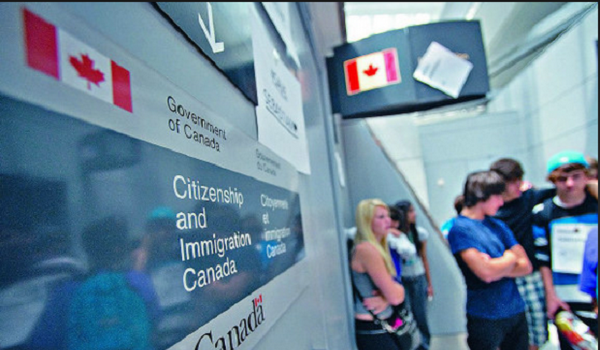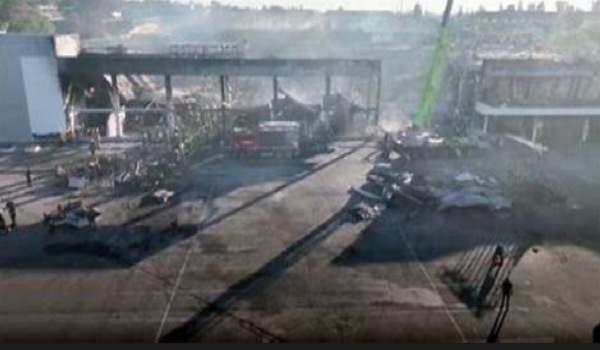Windsor’s refugees find warm welcome amid heated immigration debate
It’s been three months since Godwin Uiald’s arrival in Windsor, Ont., but he still finds the orderliness of it all remarkable.
Sitting on a sunny bench on the sidewalk, the 43-year-old refugee claimant and former truck driver from Nigeria describes the chaotic roadways back home, waving his arms wildly and shaking his head. “Here,” he says, pointing to the cars passing in neat, careful rows, “I love the rules and regulations.”
Wearing a ball cap and a blue NHL-branded zip-up, he watches appraisingly while sipping a cup of tea. “Calm. Everything here is calm.”
Mr. Uiald, one of more than 1,400 asylum seekers sent to live in a shelter hotel in Windsor over the past year, paints a stark contrast to the situation just one year ago, when politicians and pundits warned that the sudden influx of asylum seekers to Canada had tipped over into a full-blown crisis – and that our immigration system was broken.
But there’s little sign of crisis in front of Windsor’s Best Western hotel on this afternoon. Mr. Uiald is Biafran, a group that has been persecuted in Nigeria since the 1960s as a result of its attempts to declare independence. Leaving his wife and kids behind, he landed at Toronto’s Pearson Airport in January and has been living at the hotel after being bussed to Windsor since shortly after his arrival.
Inside the Best Western, workers are wrapping up after serving lunch to the asylum seekers. Settlement workers sit at tables in the cafeteria, ready to connect them with employment and legal supports.
The lobby is quiet, save for a few American tourists looking up directions on their cellphones.
Nearly 40,000 asylum seekers crossed into Canada in 2022 to begin the process of applying for refugee protection. Many of them came via Roxham Road, a small rural crossing between Quebec and New York where migrants could walk in without the risk of being turned back by border officials.
The surge in irregular border crossings – caused in large part by a backlog created during the COVID-19 border closings – made headlines across the country, particularly after the Quebec government raised the alarm about the burden this placed on the province’s social services.
The federal government eventually shut down the Roxham Road crossing in March of last year. But by that point, communities across the country were already grappling with how to respond to the sudden increase of asylum seekers.
This article was first reported by The Globe ans Mail













